Fight Like You Love Each Other:
A Couple’s Guide to Improving Conflict & Connection


Dr. Jasmine Dobbs-Marsh
Licensed Psychologist
Expertise:
Couples Therapy, Dialectical Behavior Therapy, Borderline Personality Disorder, High-Conflict Relationships
-
Have you and your partner ever asked each other, “Why do we keep fighting? Why is this so difficult?”
All relationships have disagreement, yet many of us were never taught the tools for healthy and connected conflict resolution. This course draws on DBT Couple and Family Therapy to teach you the core strategies you need to move from high conflict to meaningful connection. Participants will learn a framework to understand miscommunication and escalation; develop tools to recognize and interrupt fights before they happen; and learn strategies to help approach even the most challenging topics more skillfully.
Whether you’re looking to understand patterns of recurrent conflict or looking to improve daily communication, this course is designed to help couples build foundational skills for a more collaborative and connected relationship.
-
Learn the mechanics of relationship interactions to understand what causes conflict escalation and what contributes to healthy conflict resolution.
Build foundational strategies to deescalate, enrich understanding, and improve communication.
Learn a framework for behavior change to help you identify challenge points and embark on a path toward better conflict and improved connection.
-
Fruzzetti, A. E. (2006). The high conflict couple: A dialectical behavior therapy guide to finding peace, intimacy, and validation. Oakland, CA: New Harbinger.
Fruzzetti, A. E. (2018). DBT with parents, couples and families. In M. Swales (Ed.), Oxford hand¬book of dialectical behaviour therapy. New York: Oxford University Press.
Fruzzetti, A. E., & Hoffman, P. D. (2004/2020). Family Connections workbook and training manual. Rye, NY: National Education Alliance for Borderline Personality Disorder.
Fruzzetti, A. E., & Payne, L. G. (2015). Couple therapy and the treatment of borderline personality and related disorders. In A. Gurman, D. Snyder, & J. Lebow (Eds.), Clinical handbook of couple therapy (5th ed., pp. 606–634). New York: Guilford Press.
Fruzzetti, A. E., & Payne, L. G. (2015). Couple therapy and the treatment of borderline personality and related disorders. In A. Gurman, D. Snyder, & J. Lebow (Eds.), Clinical handbook of couple therapy (5th ed.), (pp.606–634). New York: Guilford Press.
Fruzzetti, A. E., & Worrall, J. M. (2010). Accurate expression and validation: A transactional model for understanding individual and relationship distress. In K. Sullivan & J. Davila (Eds.), Support processes in intimate relationships (pp. 121–150). New York: Oxford University Press.
Fruzzetti, A. E., Payne, L. G., & Hoffman, P. D. (2021). DBT with families. In L. A. Dimeff, S. L. Rizvi, & K. Koerner (Eds.), Dialectical behavior therapy in clinical practice: Applications across disorders and settings (2nd ed., pp. 366–387). The Guilford Press.
Linehan, M. M. (2015). Skills training manual for treating borderline personality disorder. New York: Guilford Press.
Rosenberg, M. B. (2015). Nonviolent communication: A language of life. Encinitas, CA. PuddleDancer Press.
Shenk, C., & Fruzzetti, A. E. (2011). The impact of validating and invalidating responses on emotional reactivity. Journal of Social and Clinical Psychology, 30, 163–183.
Shenk, C., & Fruzzetti, A. E. (2014). Parental validating and invalidating responses and adolescent psychological functioning: An observational study. The Family Journal, 22, 43–48.
-
Module 1
-
Module 2
-
Module 3
-
Module 4
-
Module 5
-
Module 6

